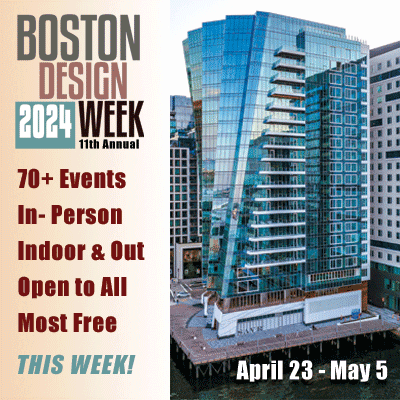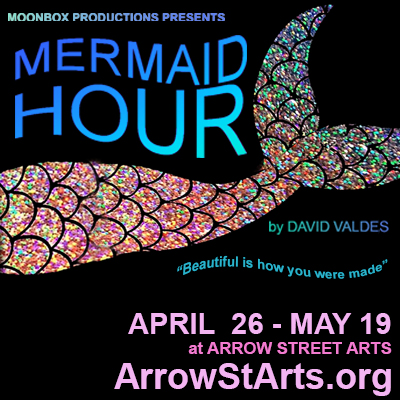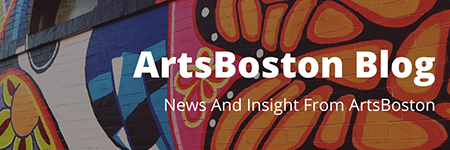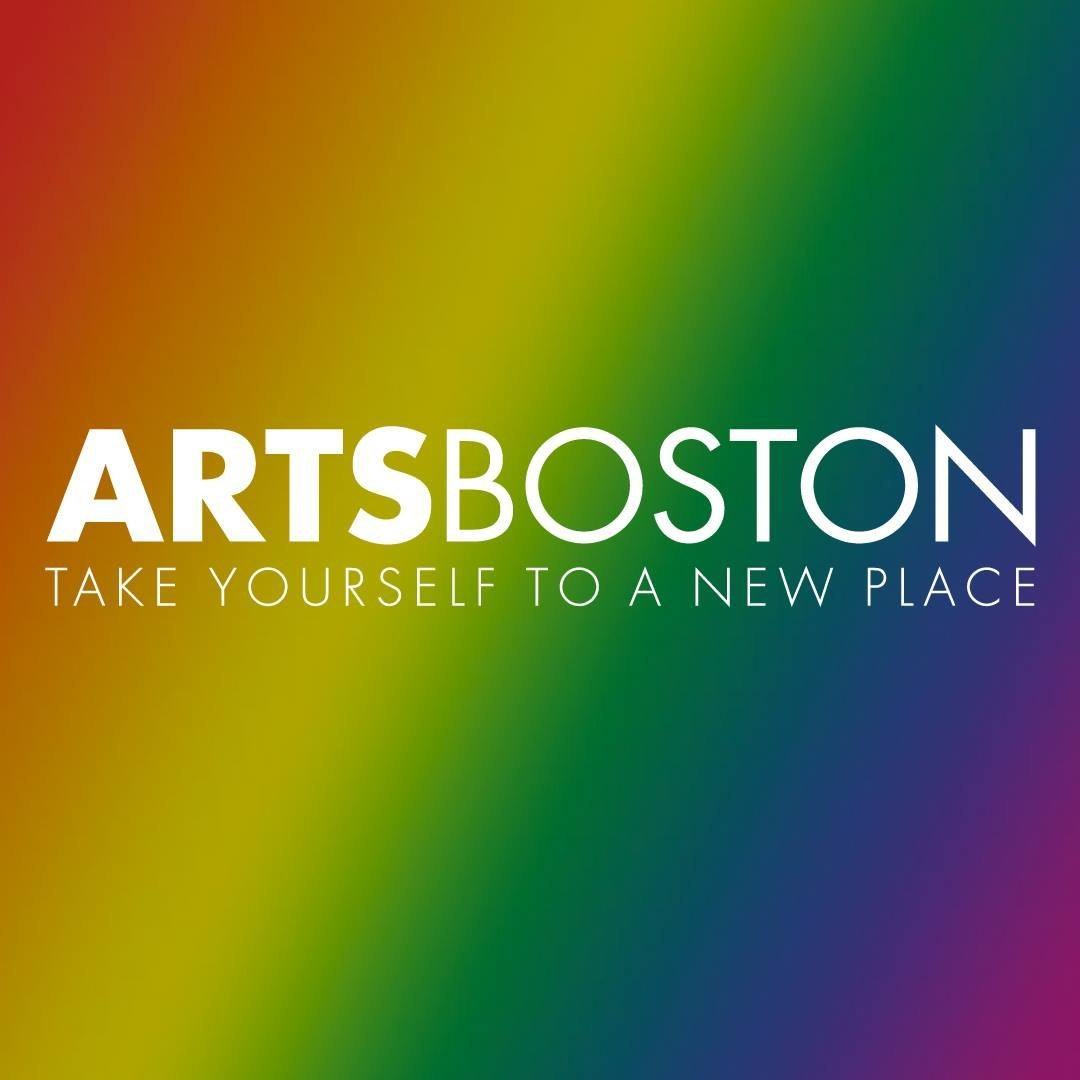The Boston Ujima Project is harnessing a spirit of solidarity to build a new economy that reflects our values, meets our needs, and allows our communities to thrive. The Cultural Assembly will be an opportunity for artists, creatives, and cultural organizers to come together to set collective priorities and develop practices for shared political power and economic development in Boston. Cultural producers, makers, creatives, artists, and more, will be invited to share the needs and desires of ... view more »
The Boston Ujima Project is harnessing a spirit of solidarity to build a new economy that reflects our values, meets our needs, and allows our communities to thrive. The Cultural Assembly will be an opportunity for artists, creatives, and cultural organizers to come together to set collective priorities and develop practices for shared political power and economic development in Boston. Cultural producers, makers, creatives, artists, and more, will be invited to share the needs and desires of the local creative economy. As a community, we will be forming a shared plan by pooling our ideas and resources to create a cultural economic practice we all dream about.
History
In September of 2017, we formally launched the Boston Ujima Project, aptly titled Dreaming Wild (“DW”). The DW Assembly was our next step towards building a community-controlled economy in Boston’s working-class communities of color. As part of the DW Assembly, we launched a mini-grant participatory budgeting round at our inaugural assembly. During this event, artists applied via a simple two-page proposal, then pitched their ideas to members. Five artists won mini-grants of $500. This year, we’re dreaming even more wildly, and with your help, hope to disperse between $50-80K of funding.
Why a Cultural Assembly?
Art is labor. Art is work. These truths undergird the sustained organizing efforts of BIPOC artists over the last century. Like any field, artistic production is part of our economy and should be enumerated by an equitable wage. And yet, artists and cultural workers still struggle to access such guarantees. W.A.G.E surveyed artists working in the nonprofit sector and found that many artists encounter fluctuating payment rates, delayed compensation, and the continued use of ‘exposure’ for unpaid labor. Arts and cultural products contributed $919 billion to the nation’s gross domestic product in 2019 – artists and cultural workers are not getting their fair share.
Artists need affordable housing, access to education, debt relief, and more opportunities available to them with less restrictive granting/residency prospects. In response, artists built alternative schools, health centers, legal aid clinics, and networks of support under the guise of social practice. Communities – and cultural workers especially – have more power than they realize if they work together to organize for what they need and deserve.
Learn more about the Assembly here, and share this event on Facebook.
We want to thank our partners and co-hosts who support this work: Black Economic Council of MA, Artisan Asylum, Assets 4 Artists, The CreateWell Fund, Mayor’s Office of Art & Culture, Mayor’s Office of Resilience and Racial Equity, and New England Foundation for the Arts. Art.Coop, Black Cotton Club, Boston Art Review, Collective Futures Fund, DS4SI, Fairmount Innovation Lab, The Future is Present, The History Project, and Trans Resistance MA.
We hope you can make it!
View less








